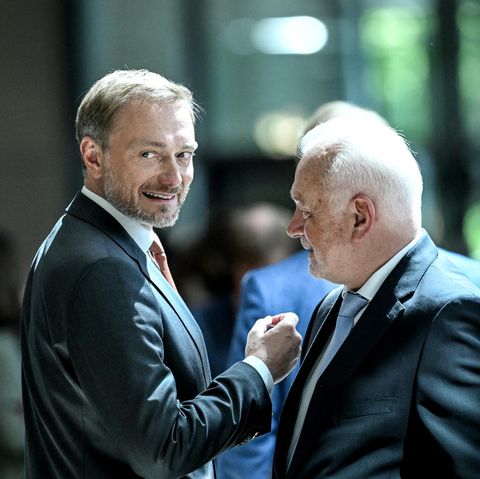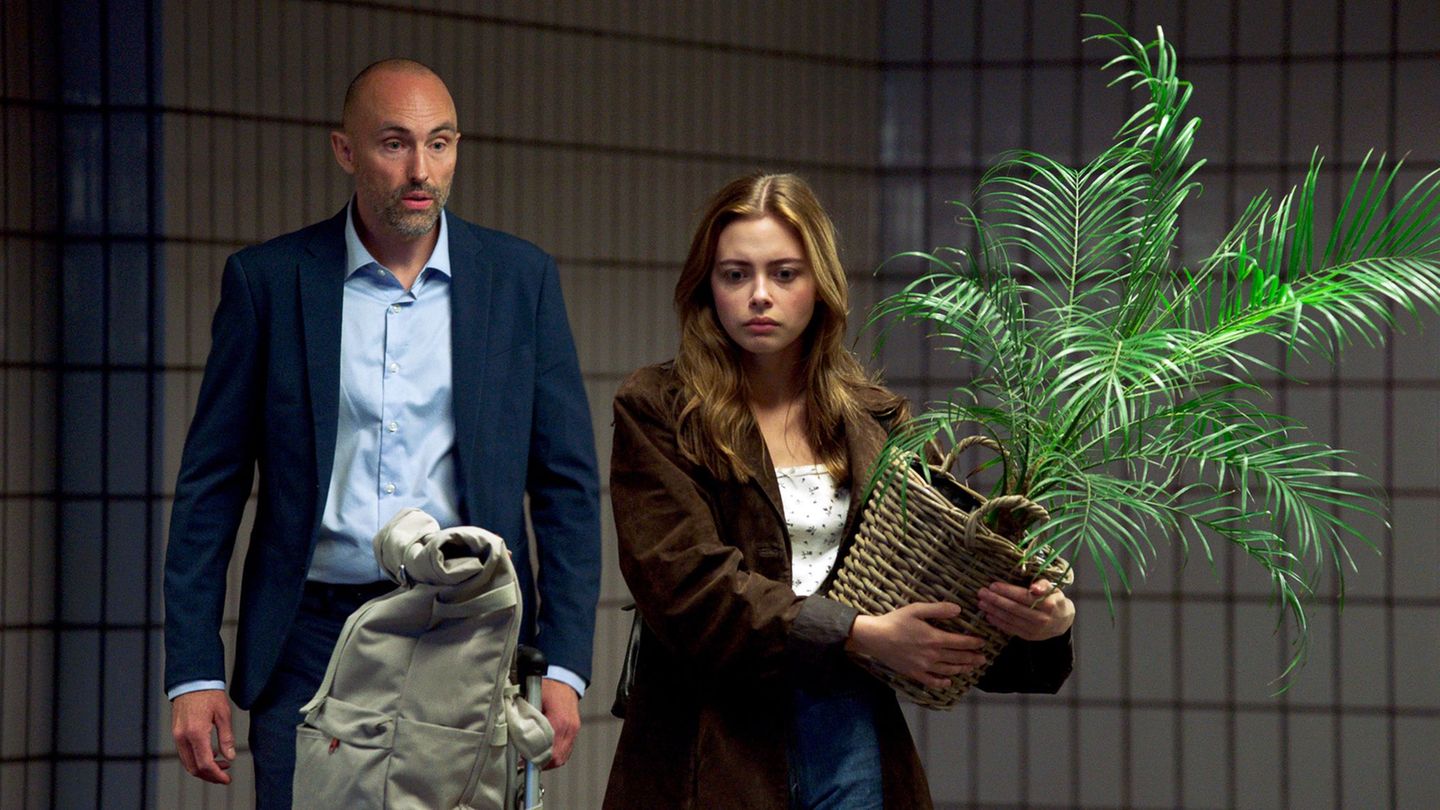ZDF interview
Christian Lindner claims to have known nothing about the “D-Day” paper
Copy the current link
After the publication of the FDP’s controversial strategy paper, Christian Lindner initially remained silent. In the ZDF interview he does speak – but doesn’t try to say anything about it.
The Liberals probably imagined it differently: three months before the federal election, the FDP is in an existential crisis. The reason for this is the strategy paper in which the party meticulously prepared the break from the traffic light coalition. The FDP published the document on Thursday evening – but the party leadership denied having knowledge of the controversial paper.
Federal Managing Director Carsten Reymann claims that the document “was not the subject of political advice from elected officials and members of the government.” FDP General Secretary Bijan Djir-Sarai, however, said that the party leadership had described the traffic light break as “D-Day”. But is that believable? After all, the strategy paper is entitled: “D-Day scenarios and measures”.
And what does the party leader say about all this?
The day after the “D-Day” debacle, Christian Lindner initially went into hiding. He later stated in writing that he “did not take note of the paper and did not approve of it” and then went on to pick on his former coalition partner, the SPD.
Lindner then spoke again – this time in . She wanted to know from the party leader: “What is more embarrassing: the paper itself or how they tried to cover it up afterwards?” Christian Lindner admitted errors “in internal processes and also in communication”. At the same time, the FDP leader spoke of “piercings”. It was an internal paper that was made public to damage the FDP. Lindner made it clear that he did not want to speculate about the loyalty of his employees.
Christian Lindner claims to have known nothing about the D-Day paper
Lindner tried to avoid further questions about the controversial document and instead repeatedly emphasized that he stood by his political responsibility to leave the traffic light coalition.
But that wasn’t enough for Slomka. She wanted to know more about the D-Day debacle and the strategy paper. Lindner then claimed that the document had “never been the subject of discussions by a political leadership group.” A “wrong impression” was created. Employees designed the paper professionally. They did this “to the best of their knowledge and belief,” emphasized Lindner. “But the result wasn’t convincing – not in the style, not in the system.” That is unfortunate.
How is the FDP going into the election campaign?
Despite everything, the FDP leader was optimistic. Yes, the broken traffic light left “scars on credibility”. And yet he still wants to lead his party into the federal election.
What the liberals say about this remains questionable. Two of his closest colleagues resigned from their jobs on the same day. In his resignation, FDP General Secretary Bijan Djir-Sarai apologized for having “unknowingly incorrectly” informed the public about the internal “D-Day paper”. He apologizes for that. He knew nothing about the paper – “neither about its creation nor its content.” But he takes “political responsibility to prevent damage to my credibility and the FDP.” FDP managing director Carsten Reymann also announced his resignation.
There are plenty of candidates who could fill the gap. Whoever does it in the end hasn’t been pierced yet.
cl
Source: Stern
I have been working in the news industry for over 6 years, first as a reporter and now as an editor. I have covered politics extensively, and my work has appeared in major newspapers and online news outlets around the world. In addition to my writing, I also contribute regularly to 24 Hours World.





